As an overwhelming number of countries have voiced support for Palestine's bid to become a full member of the United Nations, the onus is now on world major powers to work toward achieving a two-state solution and bring lasting peace for Palestinians and Israelis, experts said.
Even if a resolution to grant the State of Palestine full UN membership is passed, they said, there is still a need for a two-state solution where an independent Palestinian state would exist side by side with Israel.
The UN General Assembly on May 10 adopted a historic resolution, which saw 143 votes in favor of supporting the Palestinian bid to become a full UN member, with nine voting against, including the U.S. and Israel, and 25 members abstaining, including the United Kingdom.
Stating that Palestine is qualified for UN membership, the resolution recommended that the Security Council "reconsider the matter favorably".
Hussein Talal Maklad, professor of international relations at Damascus University in Syria, told China Daily that the United States "rewarded Israeli terrorism and massacres in Gaza" by objecting to a draft resolution before the council that recommended "the State of Palestine be admitted to membership of the UN".
He was referring to the U.S. veto at the UN Security Council on April 18.
Palestine last submitted an application to become a full UN member state in 2011 but it did not receive enough support. It instead obtained the status of a nonmember observer state in November 2012.
The U.S. Mission to the United Nations said of their "against" vote on May 10 that it "did not reflect opposition to Palestinian statehood", but was an acknowledgment that statehood will come only from a process that involves direct negotiations between the Israelis and Palestinians.
But Maklad said the Palestinian-Israeli conflict "has never been one just between Zionism and Israel on one side and the Palestinians on the other", but always involved the "massive intervention of the greatest powers on the side of the Zionist movement and Israel — Britain until the World War II, and the U.S. and others since then".
"These great powers, especially the U.S. and the United Kingdom were never neutral or honest brokers, but have always been active participants in this war in support of Israel," said Maklad.
"If the resolution to grant a State of Palestine full United Nations membership is passed, this doesn't mean a solution (to the) Palestinian cause. The solution should be based on the two-state solution," he added.
Wider recognition
In recent weeks, some countries have formally announced their recognition of Palestine as a state. The Bahamas, and Trinidad and Tobago did so early this month.
Josep Borrell, high representative of the European Union for Foreign Affairs and Security Policy, confirmed that Spain, Ireland and other like-minded EU member states could recognize the State of Palestine later in May, according to a report of Euronews on Friday.
Ayman Talal Yousef, a professor of international relations at the Arab American University in Jenin in the West Bank, told China Daily that many European countries, including members of the European Union, are prepared to admit and recognize the State of Palestine within the UN and as "an independent and sovereign state" in order to push for a two-state solution.
"What's happening right now is a slow and gradual isolation process of Israel, as a pariah state," said Hassan Ben Imran, board member at Law for Palestine, a nonprofit human rights organization.
Imran added that Israel's allies could be feeling that Israel or its current government "are a burden on them".
"If Palestinian … (deaths) do not count for those leaders, the internal pressure, losing votes (and) facing lawsuits would probably count," said Imran.
Jasim Husain, a Gulf analyst and former member of Bahrain's parliament, said any normalization with Israel should "include recognition, and a clear path, for the state of Palestine".
"Give and take, Israel should offer something in return and definitely, the best thing is to have a two-state solution," said Husain.









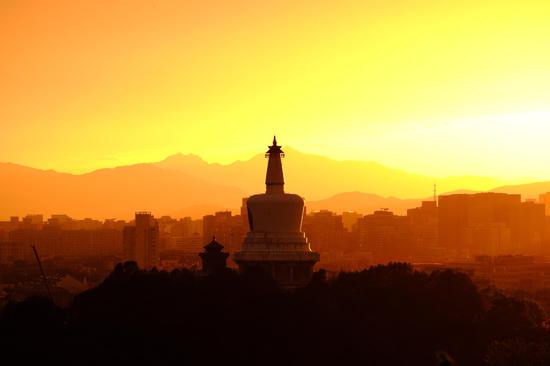
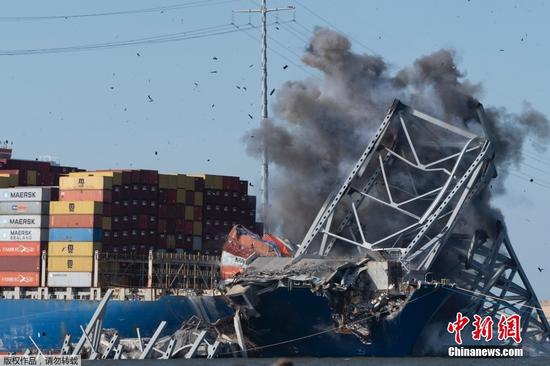





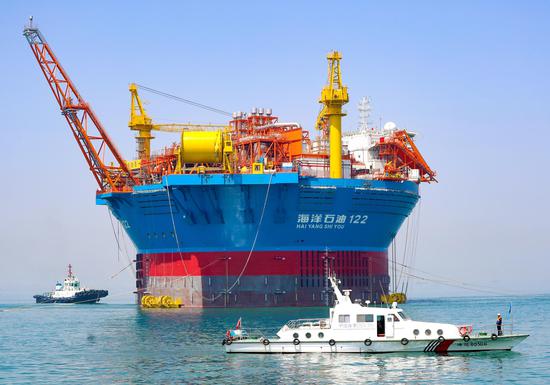
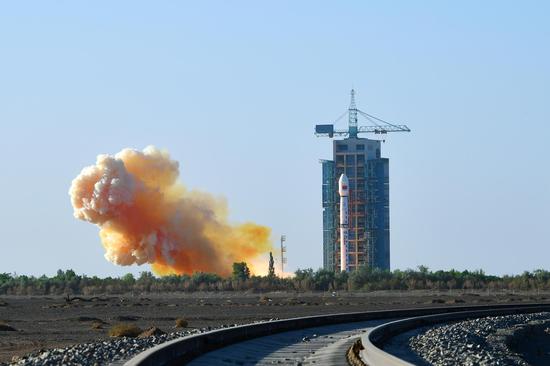
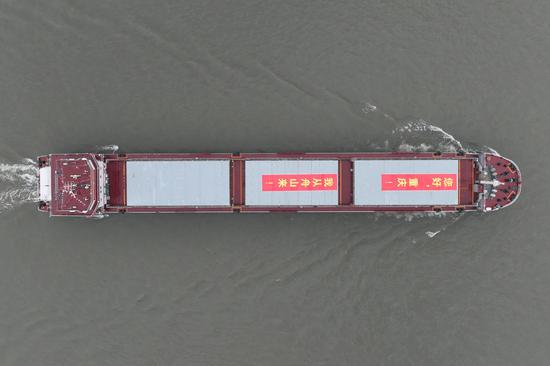


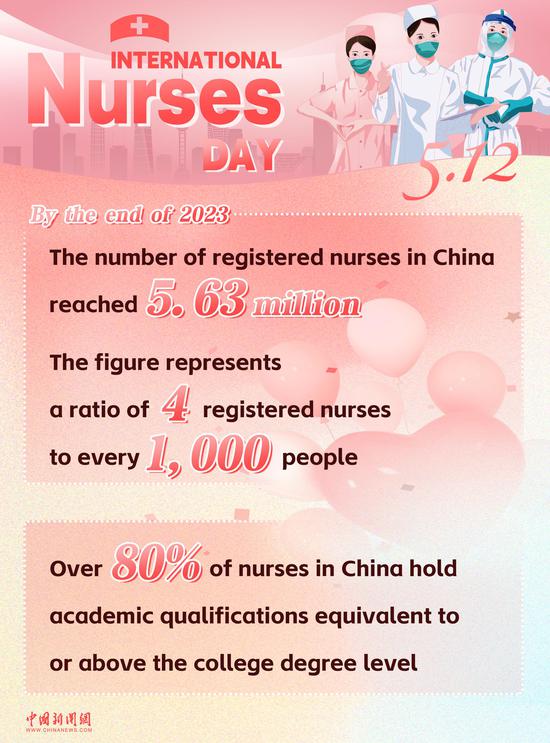

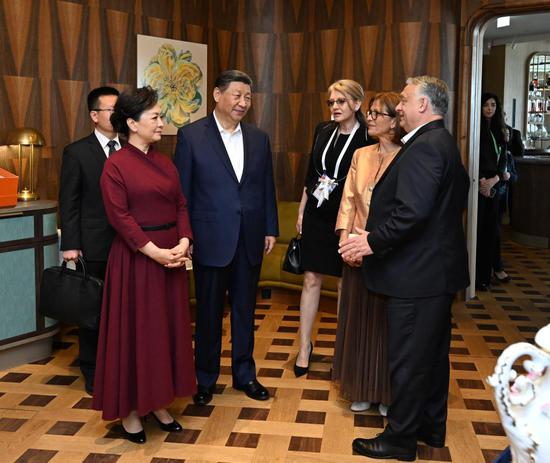


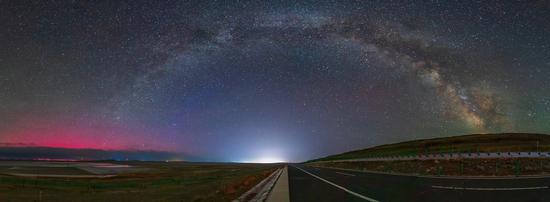

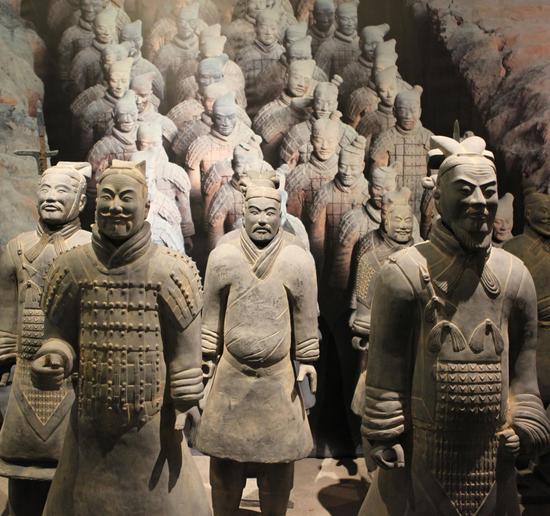
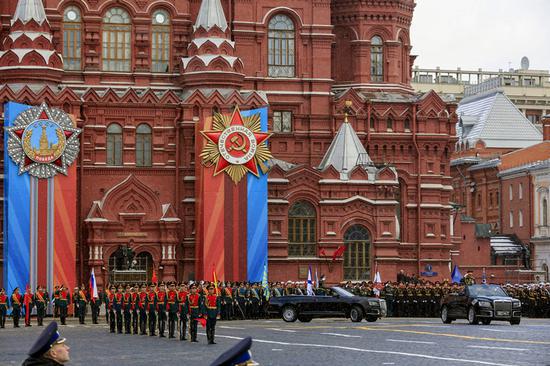

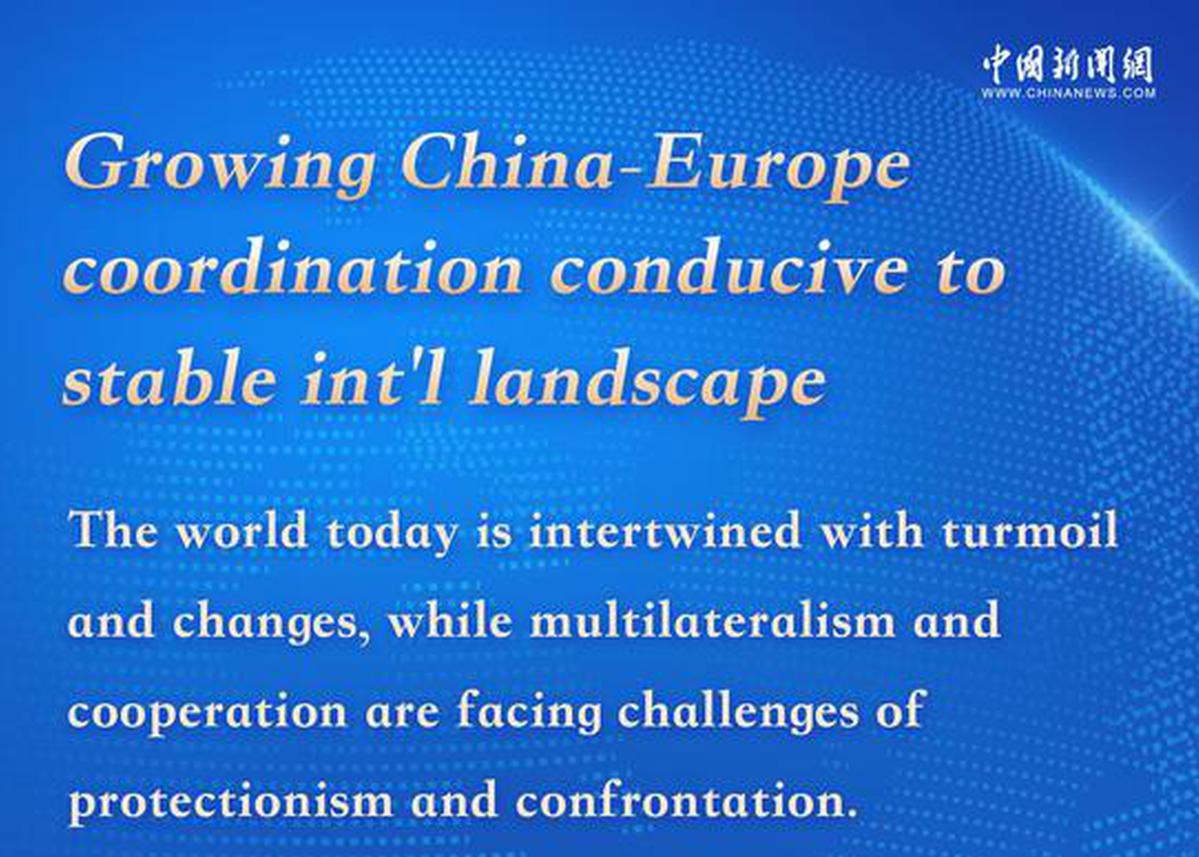
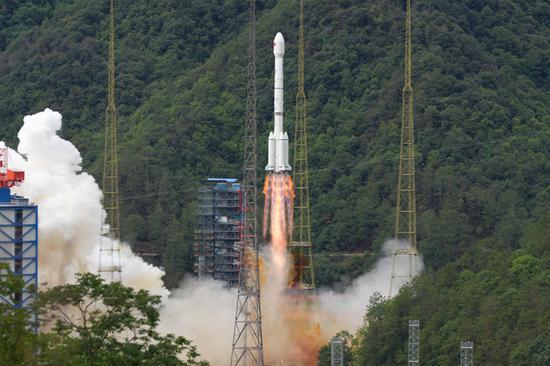

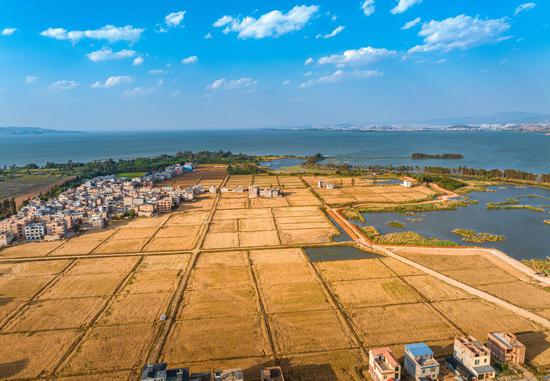
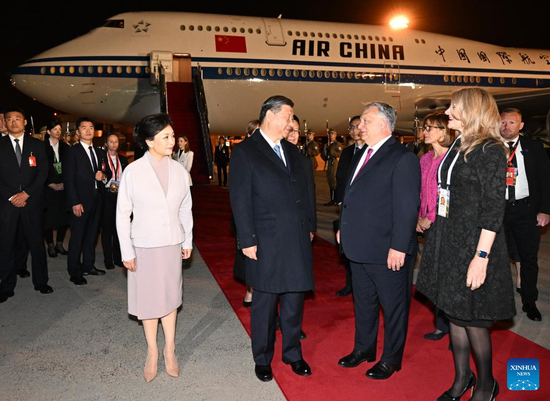
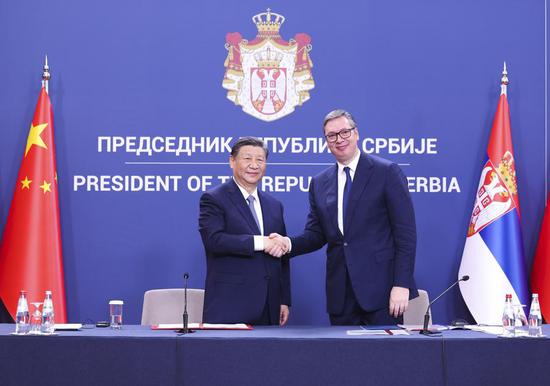
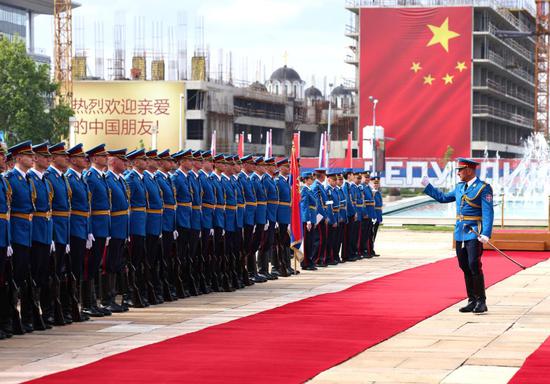
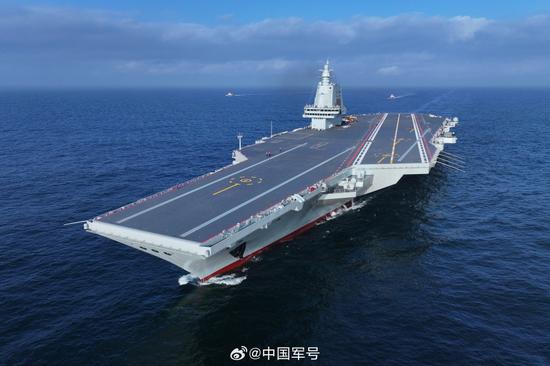
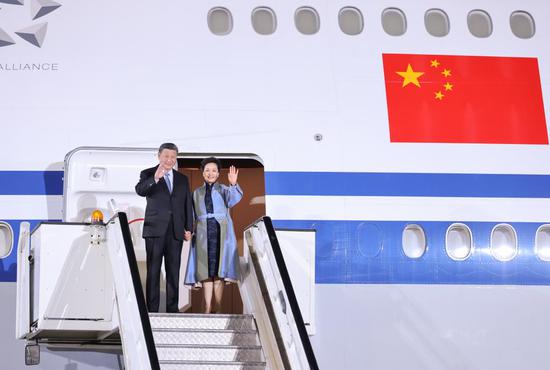
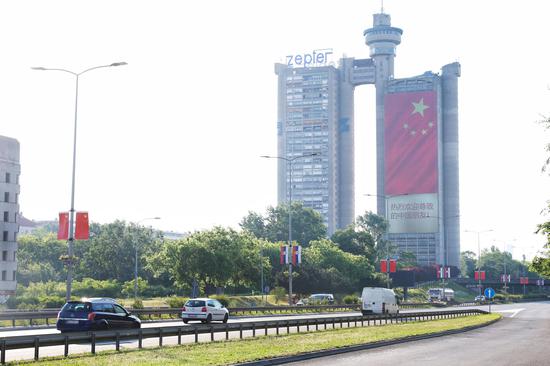

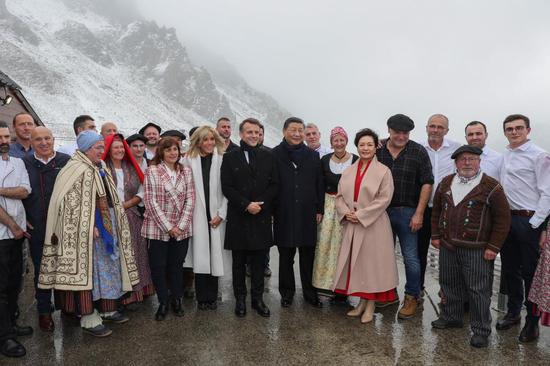
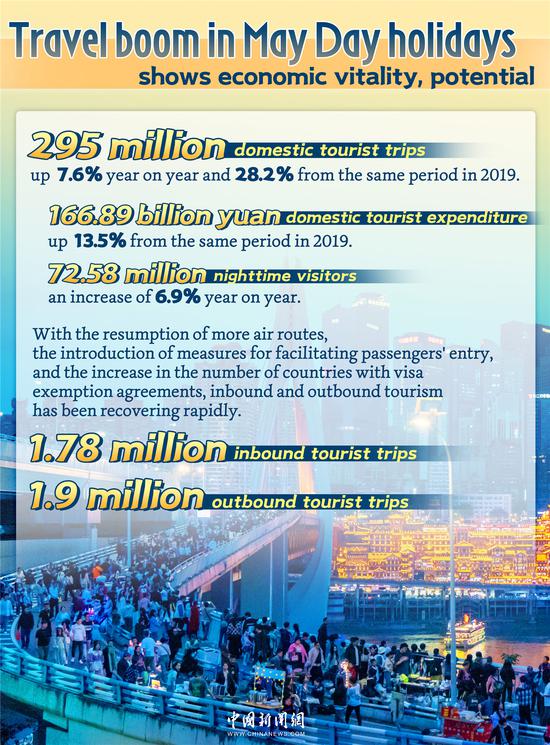
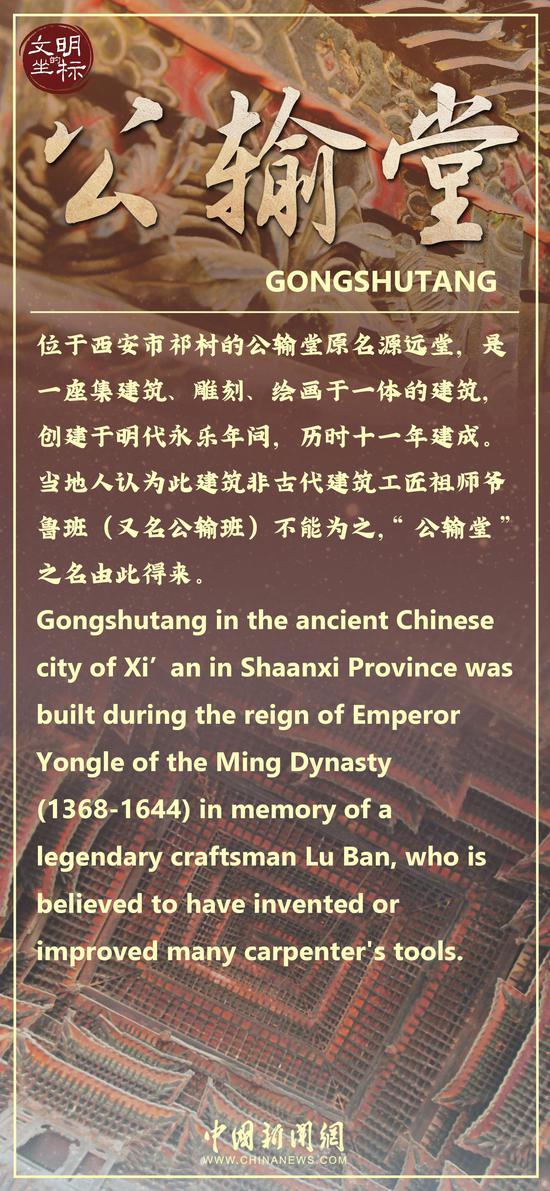





 京公网安备 11010202009201号
京公网安备 11010202009201号